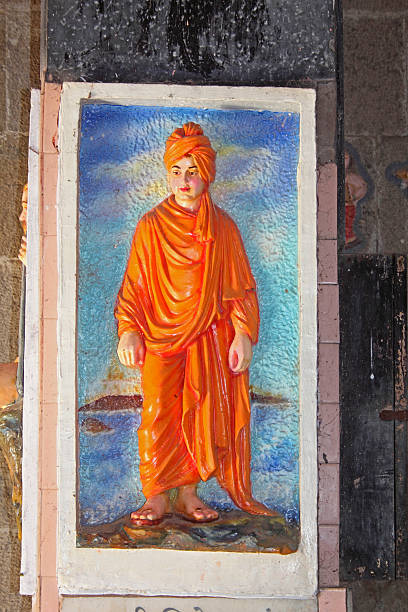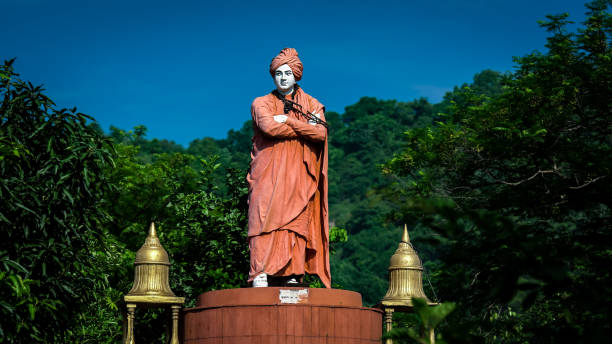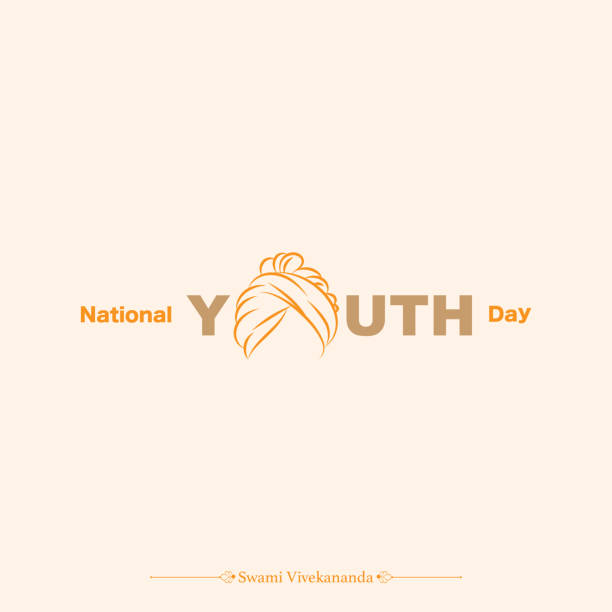UNICEF Day 2024 Quotes
UNICEF Day 2024 is an opportunity for all of us to come together and advocate for the rights and well-being of children everywhere.

The 12th of January is National Youth Day, or Vivekananda Jayanti, honouring the Hindu monk Swami Vivekananda's birthday. This day was designated as National Youth Day by the Indian government in 1984, and it has been observed as such annually in India since 1985.
On January 12, the day of Swami Vivekananda's birth, people celebrate National Youth Day, also called Vivekananda Jayanti. The Indian government decided to designate this day as National Youth Day in 1984, and it has been observed annually in India since 1985. Born Narendranath Datta, Swami Vivekananda was an Indian Hindu monk, scholar, writer, religious instructor, and the foremost follower of Indian guru Ramakrishna. He was 39 years old when he passed away on July 4, 1902, having been born on January 12, 1863. He established Ramakrishna Math and Ramakrishna Mission. See https://www.adda247.com/defence-jobs/which-social-reformer-birthday-is-celebrated-as-national-youth-day/ for more information.

How is National Youth Day observed?
National Youth Day is observed on Swami Vivekananda's birthday. The Indian government declared January 12 to be National Youth Day in 1984. Another name for this day is Vivekananda Jayanti. Author and philosopher Swami Vivekananda was from India. He was 39 years old when he passed away on July 4, 1902, having been born on January 12, 1863. He established Ramakrishna Math and Ramakrishna Mission.

Every year on January 12, schools and colleges across India celebrate National Youth Day with processions, speeches, music, youth conventions, yogasanas, presentations, essay-writing competitions, recitations, and sports. Swami Vivekananda's writings and lectures, which drew inspiration from Sri Ramakrishna Paramahansa's wide-ranging perspective and Indian spiritual tradition. These served as inspiration and served as the impetus for a number of youth-led organisations, study circles, and community service initiatives.

The Indian Almanack (Vishuddha Siddhanta Almanack) states that Swami Vivekananda was born on January 12, 1863, on Pausha Krishna Saptami tithi. The English Calendar uses a different date for this festival each year, usually in January. This is observed in a traditional Hindu manner in several Ramakrishna Math and Mission centres. Traditional Hindu practices include special worship, homa (fire ritual), devotional songs, meditation, devotional chants, religious discourses, and sandhya-arati (evening vesper service).
UNICEF Day 2024 is an opportunity for all of us to come together and advocate for the rights and well-being of children everywhere.
Every year on December 10th, it is celebrated. The Universal Declaration of Human Rights (UDHR) was approved by the UN General Assembly on this day. Get motivational sayings updates to share by reading this article.
International Anti-Corruption Day is celebrated annually on December 9th, bringing people from all around the world together. This significant day encourages a group effort to counteract corruption's pernicious influence and serves as a reminder of the terrible toll that corruption has on society all around the world.

